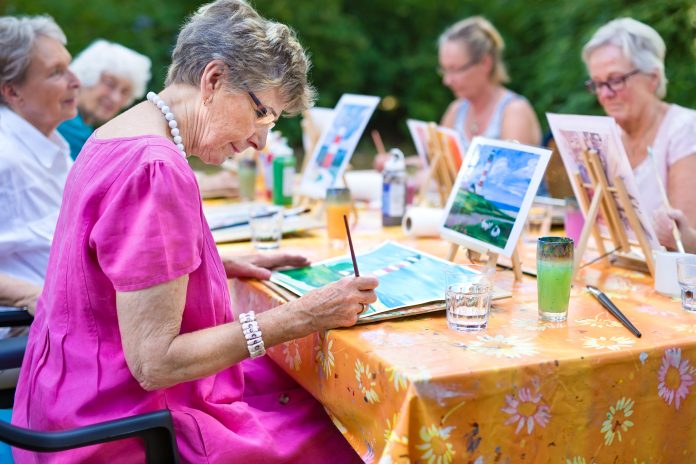Red Homes Healthcare discuss the mental health crisis in care homes and explore what can be done to prevent loneliness
When so many of us are combatting the feelings of overwhelm, burnout and busyness in today’s modern and fast-paced world, it can be hard to even contemplate the notion of loneliness.
Technology enables us to be ‘always on’ and has helped us to connect with the world effortlessly – any time of the day or night, 365 days a year. But with so much noise around us via messages, phone calls and emails, loneliness can still be ever-present.
So often, loneliness is linked with the slowing down of life, bereavement, retirement or growing older and actively wanting to switch off, but loneliness goes far deeper than that. Roger Daniel, CEO of Red Homes believes that, for some, it can be a feeling that is ever-present or brought on by a life event, no matter what the age of a person, their life stage or how connected they are.
“I know friends and relatives and young people who are all extremely busy, lead sociable lives and have even been in rooms full of people, yet have still felt lonely – and the knock-on effects are far-reaching, often resulting in poor sleep, depression and long-lasting mental and physical health problems.”
Roger has since used his knowledge in the field of loneliness to his advantage within all four of his care homes across Lincolnshire and Nottinghamshire.
“We’re acutely aware of the feelings of loneliness among our residents and importantly, understanding how to spot early signs and help to overcome the consequences. From those with age-related hearing problems and the early stages of dementia to residents who have recently moved in with us after losing a loved one – we know that the relationship with loneliness is something that should be carefully managed and tailored specifically to those who are with us for the very best quality of life and wellbeing.
Inclusive activities
Red Homes has a packed programme of inclusive activities for its residents to participate in, every day of the week and sensitive encouragement is something that all staff understand.
Diane Watson, manager of Red Rose says: “Our community gardens help bring our residents together and allow them to connect with each other and nature, it’s important for us to give our residents time to adjust if they have recently moved in, or give them the opportunity for some time out when they need it.
“Understanding residents’ interests and adapting our programmes accordingly is something we always take into consideration, and whether it’s arts and crafts, pet therapy, exercise or cooking, we know that we are making a difference to combatting loneliness.
“One-to-one interaction is also extremely important and helps close bonds to form between our staff and residents. From conversations about years gone by, family and former jobs, to more present-day chitchats about current affairs, this combined approach – together with regular interaction with family members – are among the ways that we are reducing the feelings of loneliness and enabling residents to life their best life with us.”
Left untended, loneliness can have serious mental and physical consequences – no matter what the age or life stage of a person – and it is important to intervene at the right time.
Continuation and the development of social skills, one-to-one support, meaningful communication and regular interaction are the four pillars that Red Homes believes in when it comes everyday enjoyment of life within its homes, and it is these very pillars that would no doubt help to combat loneliness across the wider communities.











